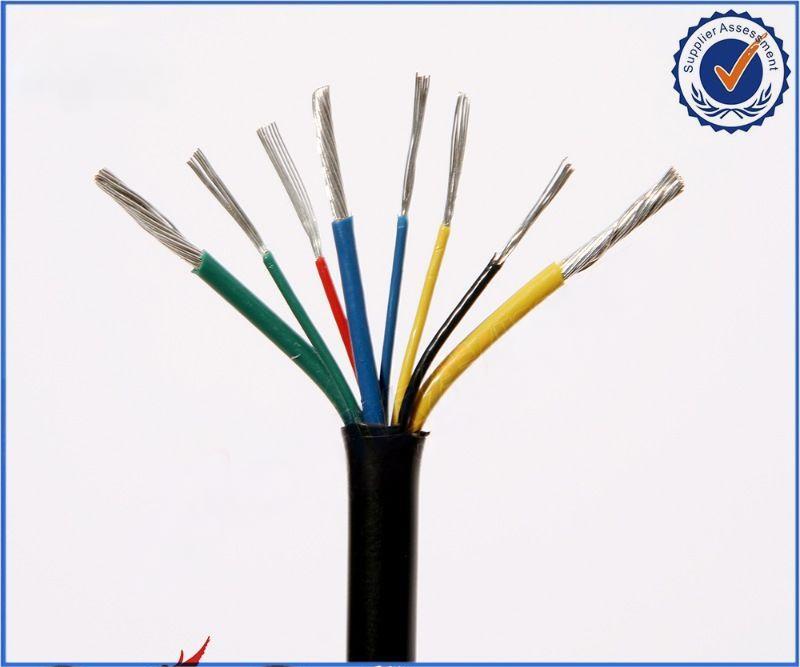Oktoba . 14, 2024 08:29 Back to list
resilient seat gate valve
The Resilient Seat Gate Valve Enhancing Fluid Control in Modern Infrastructure
In the realm of fluid control and management, the gate valve remains one of the most essential components in various industrial applications. Among the different types of gate valves available, the resilient seat gate valve has gained prominence due to its exceptional advantages over traditional models. This article delves into the functionality, benefits, and applications of resilient seat gate valves, highlighting their significance in modern infrastructure.
What is a Resilient Seat Gate Valve?
The resilient seat gate valve is designed with a rubber or elastomeric seat that provides a tight seal when the valve is closed. Unlike traditional metal-to-metal seated gate valves, which may suffer from leaks as they age and wear, resilient seat valves offer enhanced sealing capabilities. The resilient material conforms to the valve's body, compensating for any irregularities, thus preventing the leakage of fluids.
How It Works
The operation of a resilient seat gate valve is straightforward. When the handwheel or actuator is turned, the gate moves vertically within the valve body. In the fully open position, the gate is lifted out of the flow path, allowing for unobstructed fluid flow. Conversely, in the closed position, the gate descends and presses against the resilient seat, forming a tight seal. This design not only facilitates flow control but also minimizes pressure drop across the valve, making it an efficient choice for many applications.
Benefits of Resilient Seat Gate Valves
1. Sealing Performance The primary advantage of resilient seat gate valves is their excellent sealing performance. The ability of the elastomeric seat to conform to the valve body ensures that leaks are minimized, enhancing system reliability.
2. Longevity Due to their design, resilient seat gate valves typically have a longer service life compared to traditional gate valves. The resilient materials resist wear and tear, reducing the need for frequent replacements and maintenance.
resilient seat gate valve

3. Versatility Resilient seat gate valves can be used in a wide range of applications, including water supply systems, wastewater treatment plants, fire protection systems, and industrial processes. Their adaptability to various environments makes them a preferred choice for engineers and facility managers.
4. Cost-Effectiveness Although the initial investment may be slightly higher than traditional gate valves, the reduced maintenance costs and extended lifespan of resilient seat gate valves make them a cost-effective solution in the long run.
5. Ease of Operation These valves can be operated easily with minimal effort, making them user-friendly. This is particularly advantageous in large infrastructure projects where manual operation may be required.
Applications
Resilient seat gate valves are widely used in several sectors, including
- Water Distribution They play a crucial role in municipal water systems, ensuring efficient control over water flow and supply. - Wastewater Management In sewage treatment facilities, these valves help manage the flow of wastewater, preventing backflow and ensuring environmental safety. - Fire Protection Systems These valves are essential in fire protection systems, allowing for quick shutdowns and reliable sealing when needed. - Industrial Processes Factories often employ resilient seat gate valves in various processes, from chemical handling to liquid transport, ensuring optimal operational efficiency.
Conclusion
The resilient seat gate valve represents a significant advancement in the field of fluid control. With its superior sealing capabilities, longevity, and versatility, it has become a preferred choice for many applications across different industries. As infrastructure continues to evolve, the demand for effective and reliable fluid management solutions will only increase. The resilient seat gate valve stands out as a vital component that can help meet these growing expectations, ensuring the efficient and safe operation of modern systems. Investing in quality resilient seat gate valves means investing in the future of fluid management.
Share
-
Reliable Wafer Type Butterfly Valves for Every IndustryNewsJul.25,2025
-
Reliable Flow Control Begins with the Right Ball Check ValveNewsJul.25,2025
-
Precision Flow Control Starts with Quality ValvesNewsJul.25,2025
-
Industrial Flow Control ReliabilityNewsJul.25,2025
-
Engineered for Efficiency Gate Valves That Power Industrial PerformanceNewsJul.25,2025
-
Empowering Infrastructure Through Quality ManufacturingNewsJul.25,2025